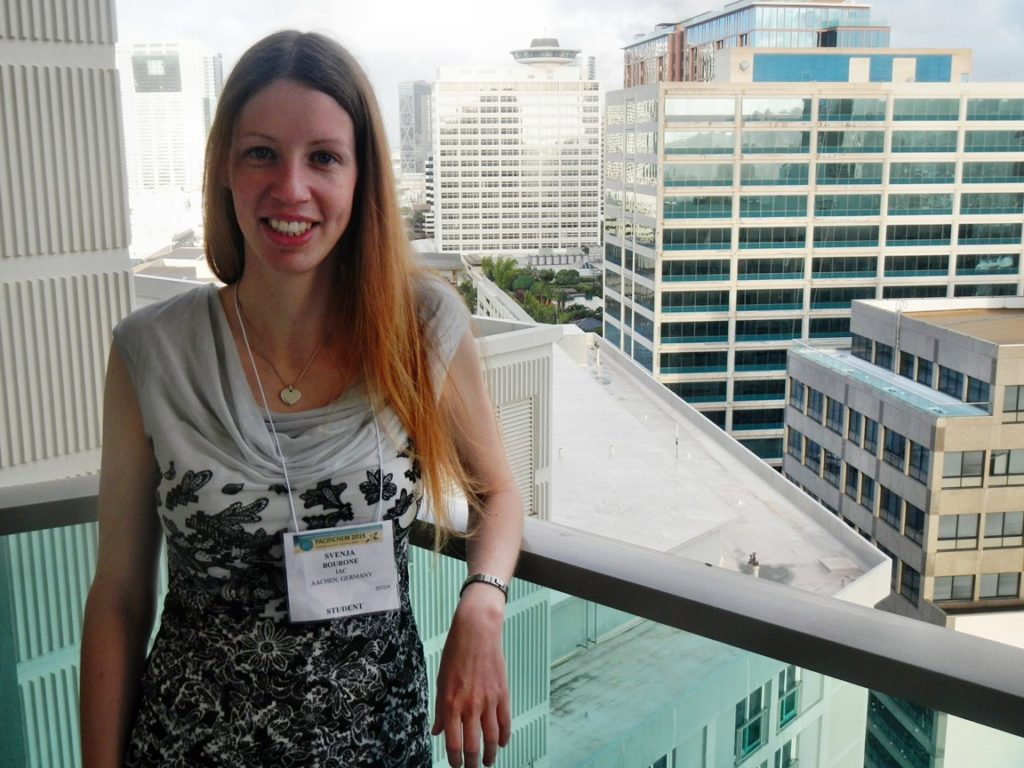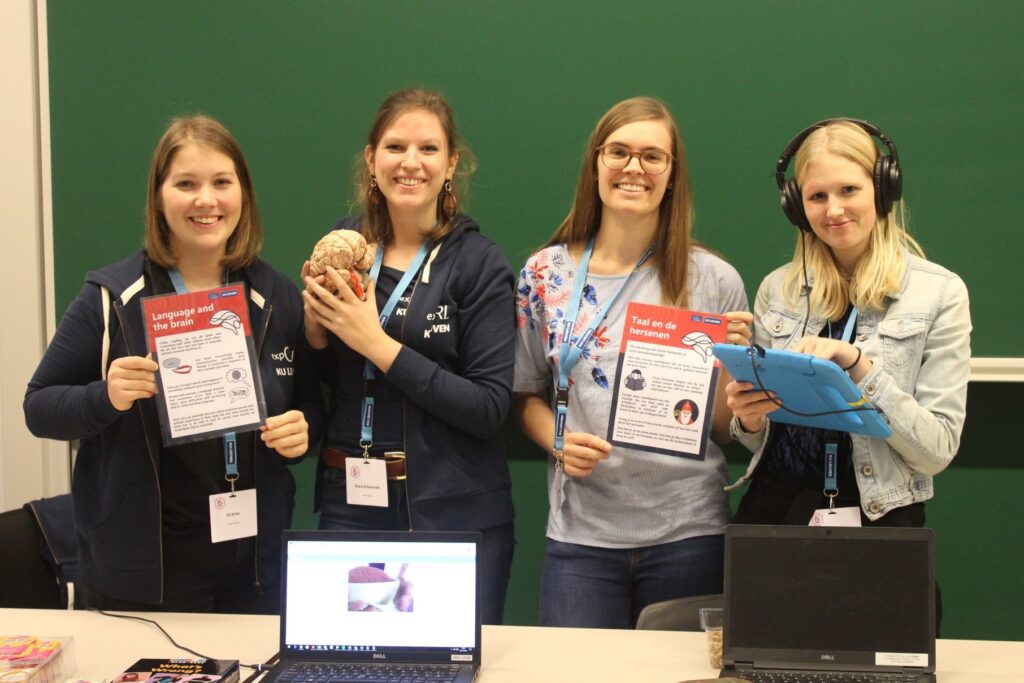What can be done do increase the share of women in STEM (science, tech, engineering, maths) careers, and why is there such a disparity? In this opinion piece, FNR Secretary General Marc Schiltz delves into the issue of gender inequality in science and research and explains a cultural shift is needed.
Do men make better researchers and scientists than women? If you take a look at the European statistics, you could almost think this was the case. After all, only 24% of the researchers working in institutions in Luxembourg are women. In regards to building a career in science, ticking the box ‘male’ in the gender box seems to open more doors than, let’s say, talent, curiosity, passion, integrity or intellectual capacity. How else do we explain this unacceptable percentage? Because there is no doubt that the above-mentioned attributes have nothing to do with gender.
Disparity starts in school
With a 24% share of researchers being female, Luxembourg unfortunately finds itself somewhat beneath the European average. If we specifically look at University Professors and researchers in the industry sector, we drop even further down the list. The 2012 Pisa study showed that Luxembourg is among the European countries with the highest gender disparity in mathematics and natural sciences, and this is at school level. The fact that this inequality is not as present in other countries points out that the differences in school performance have nothing to do with innate abilities – so it is not a question of gender.
So what can we do to increase the number of females working in careers in STEM (science, tech, engineering, maths) areas? During a colloquium earlier this year, organised by the FNR together with the City of Luxembourg and Fondation Jeunes Scientifiques Luxembourg, 100 participants pondered this exact question – and formulated concrete conclusions.
Cultural change needed
Firstly, we need a cultural change in Luxembourgish society. Parents, teachers, employers and politicians – we must all change our attitude towards gender roles and throw out a whole array of stereotypes. This, of course, does not only concern science. We have to work together to ensure a fair and inclusive work environment for everyone. For research it is especially important to give scientists with children more flexibility and support. A researcher has many professional constraints: for example travelling to develop international collaborations and projects and to speak at conferences. On top of this, a career in research is often a succession of CDDs (temporary contracts) in different countries, which is difficult to consolidate with a family and private life.
Second, we have to work together on a knowledge-based society in which girls and women feel comfortable.
To get there, we for one need to start promoting science to children earlier – before nursery, at home, in the Maison Relais (daycare), where they can discover science in a playful way.
Female role models essential
Young girls also need role models – and not just male ones – to inspire them and motivate them. If we try to name famous scientists, we immediately think of several men and the only woman who tends to get named is Marie Curie – and this is even though the list of women who made scientific breakthroughs is just as long. Let’s for example look at Maria Telkes, who invented the solar heating system and designed the first house powered entirely by solar energy.
Such flagrant disparity and inequality, as the ones mentioned in this piece, are simply not acceptable in the 21st century. We have to continue to work on achieving gender balance in science and research – otherwise we will miss out on a wide range of passionate and committed people.
This was originally published as a Carte Blanche on RTL Luxembourg on 20 September 2017.










